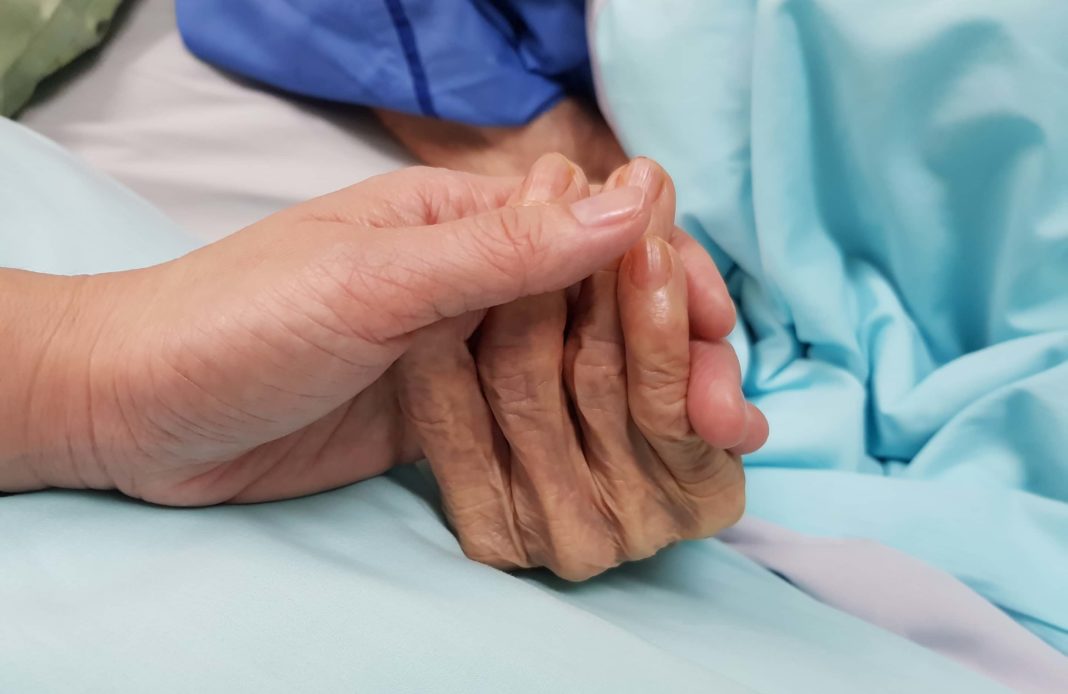BY EMILY DAVENPORT AND ADAM BROWNSTEIN
No one likes to think about the end of their life, but it’s an important topic that many people put off until it’s too late.
With the coronavirus pandemic inspiring people to reconsider what they prioritize in their lives, experts say you should also make time to figure out your own end-of-life plans.
“With the COVID-19 pandemic, people are getting scared, of course, and they realize, ‘Oh, my goodness, I don’t have a will, I haven’t thought about what would happen if I got very sick,’” said David Badanes, a family law attorney with offices in Northport and Garden City. “Now they see this is something that could hit them and they may not even think about it … I have seen an increase in telephone calls from people in this area.”
According to the U.S. Centers for Disease Control and Prevention, while 70 percent of people say that they would prefer to die at home, 70 percent of people die in a hospital, nursing home or a long-term care facility, underscoring the need to discuss end-of-life plans with loved ones. And according to a survey of Californians taken by the California Health Care Foundation, while 60 percent of people say that not burdening their loved ones with extremely tough decisions is important, 56 percent have not communicated their final wishes.
“Difficult as they may be, these conversations are essential,” said American Bar Foundation (ABF) Research Professor Susan P. Shapiro, who authored “In Speaking for the Dying: Life-and-Death Decisions in Intensive Care.” “Now is a good time to provide loved ones with the information, reassurance, and trust they need to make decisions.”
Chances are the only one who knows your body as well as you do is your doctor. When considering your end-of-life plans, consult your doctor and see what kind of insight she/he can provide.
If you want to make sure your wishes are carried out, get your plans in writing so it is completely clear what your loved ones should do if a decision needs to be made.
“Even in the post-COVID world, which will happen sooner or later — we’re going to get out of this — everybody should have a will, in my opinion,” Badanes said, “and they should discuss this with an attorney.”
This story originally appeared on longislandpress.com.



































